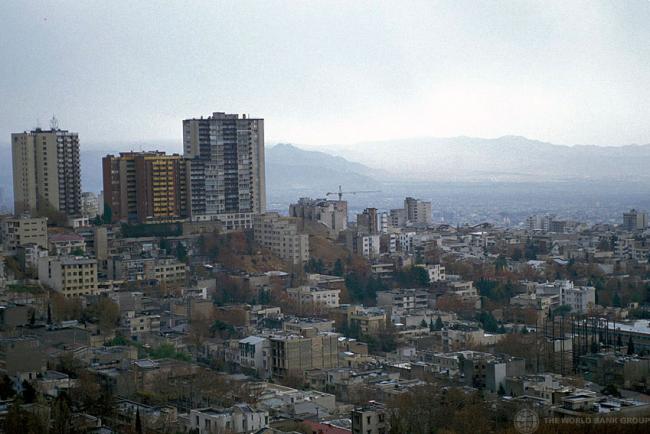
Detention, heavy fines for artistic expression in Iran ‘unacceptable,’ say UN rights experts
In a statement issued by the Office of the High Commissioner for Human Rights (OHCHR), Special Rapporteur in the field of cultural rights, Karima Bennoune, and Special Rapporteur on the promotion and protection of the right to freedom of opinion and expression , David Kaye said that the conviction and sentencing of artists is entirely unacceptable and is in complete violation of Iran’s obligations under international human rights law.
They have also called for all charges to be dropped.
The expert’s call has also been endorsed by the UN Special Rapporteur on the situation of human rights in Iran, Ahmed Shaheed, and the UN Special Rapporteur on torture and other cruel, inhuman or degrading treatment or punishment, Juan E. Méndez.
Musicians Mehdi Rajabian and Yousef Emadi, and filmmaker Hossein Rajabian were sentenced to six years in prison and fined 50 million Rials (about $1,658) each for “insulting Islamic sanctities,” “propaganda against the State” and for “conducing illegal activities in the audiovisual affaires including through producing prohibited audiovisual material and performing an illegal and underground music site.” On appeal, the prison sentence was reduced to three years.
Use of torture is also alleged against Rajabian, founder of Barg Music, an alternative music distributor in Iran.
Barg Music was the main medium broadcasting alternative music in the country and had introduced a large number of songs and Iranian alternative musicians, as well as female singers, to Iranian audiences. It shut down by Revolutionary Guards in 2013.
“We take note that the sentence of the artists was reduced by the appeals court,” Kaye said. “However, this verdict is still unacceptable: detaining someone on the grounds of ‘insulting the sacred’ and ‘propaganda against the State’ is incompatible with international human rights standards.”
Bennoune expressed “dismay” at the allegations that the artists were forced to make self-incriminating televised “confessions” to the charges of producing prohibited audiovisual materials, and apologize for broadcasting the voice of female singers.
She said that the action of the authorities against the artists has serious repercussions for others in the country and that it results in unjustifiable restrictions on the right of all persons in Iran to have access to and enjoy the arts. “Artistic expression is simply not a crime,” Bennoune concluded.
Special Rapporteurs are appointed by the Geneva-based Human Rights Council to examine and report back on a country situation or a specific human rights theme. The positions are honorary and the experts are not UN staff, nor are they paid for their work.
Photo: World Bank/Curt Carnemark
Source: www.justearthnews.com
Support Our Journalism
We cannot do without you.. your contribution supports unbiased journalism
IBNS is not driven by any ism- not wokeism, not racism, not skewed secularism, not hyper right-wing or left liberal ideals, nor by any hardline religious beliefs or hyper nationalism. We want to serve you good old objective news, as they are. We do not judge or preach. We let people decide for themselves. We only try to present factual and well-sourced news.







